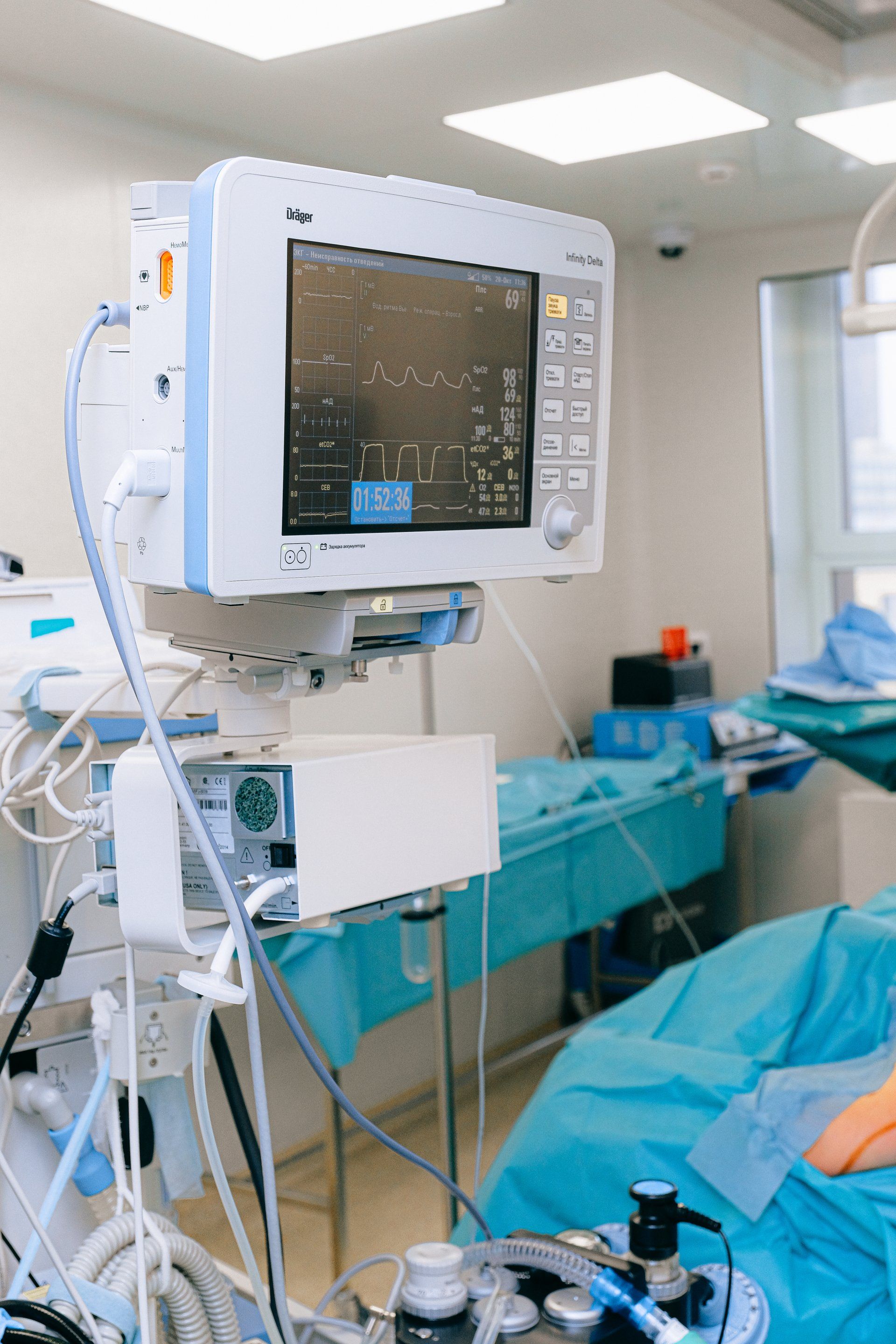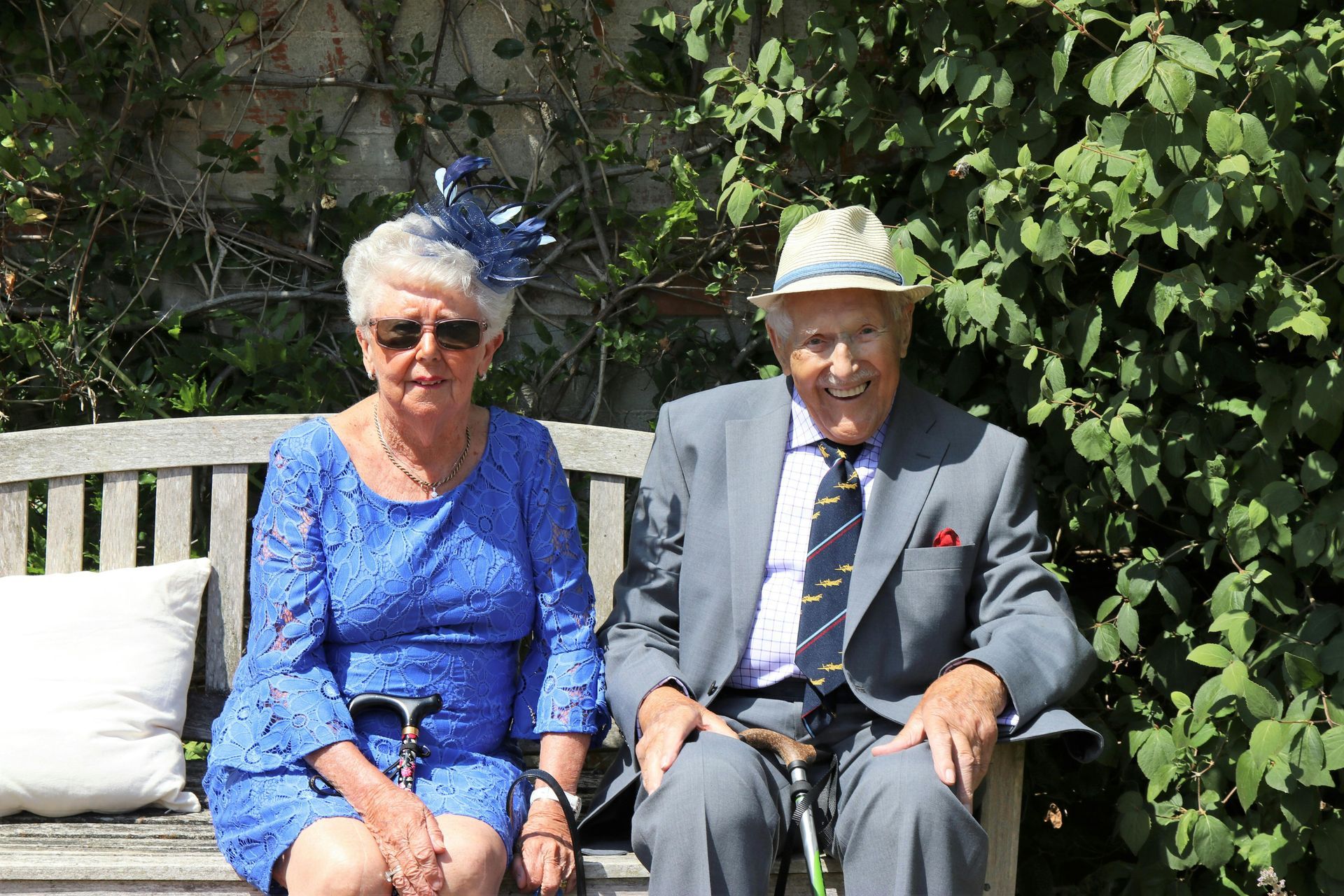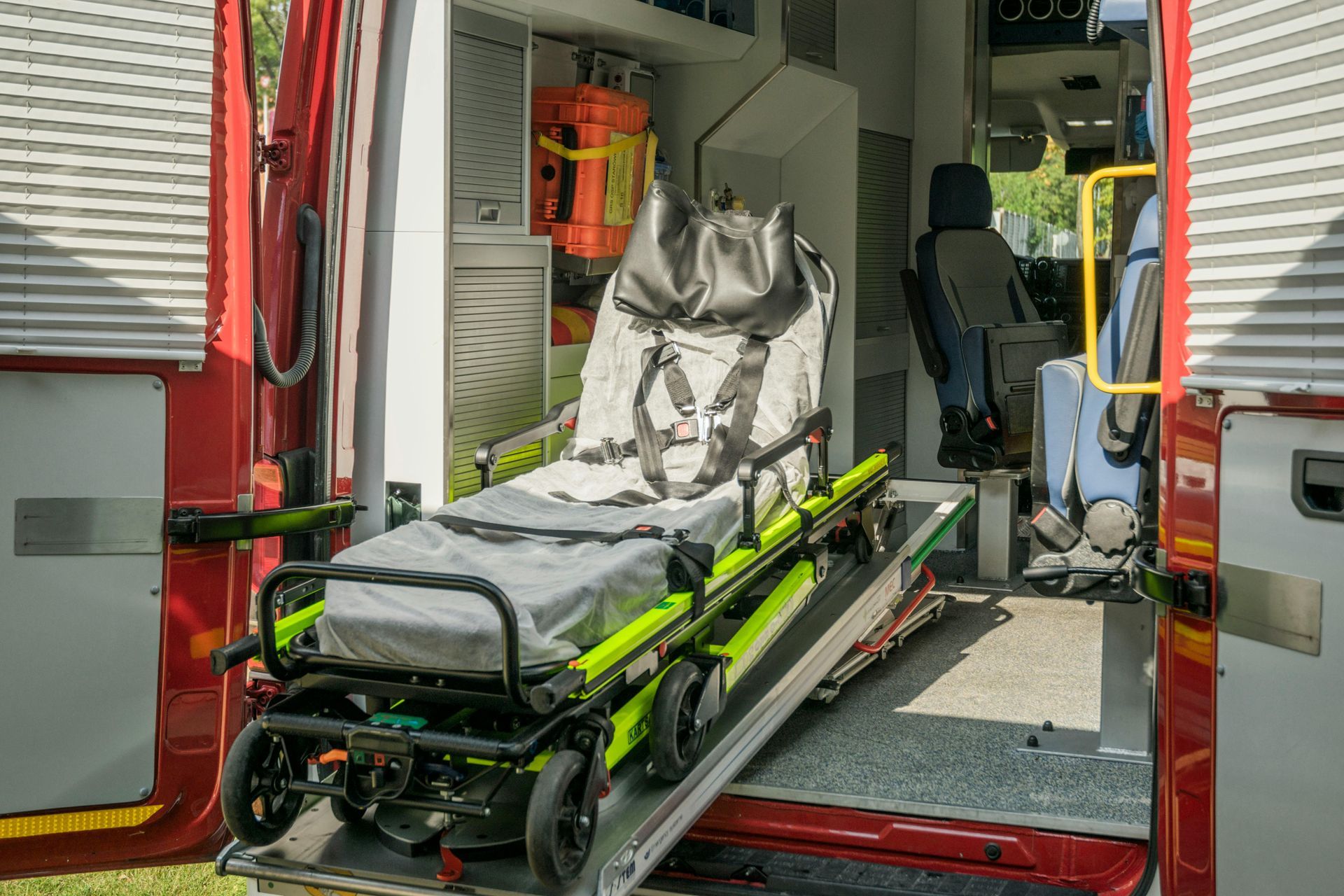The Importance of Qualified Outpatient Surgery Transporters: Ensuring Safety and Comfort
Outpatient surgeries are common, offering benefits such as reduced hospital stays and cost. However, it's crucial to have a qualified individual to transport patients home post-procedure. This professional ensures patient safety and comfort during transportation, handling postoperative symptoms and potential emergencies with expertise. Their knowledge of postoperative care protocols further promotes the patient's well-being during their recovery at home.

Outpatient Surgery Transportation: The Importance of a Qualified Transporter
On an everyday basis, numerous outpatient surgeries take place in hospitals and clinics across the country. These procedures offer an array of benefits including reduced hospital stays, lower cost, and the convenience of recovering at home. Nevertheless, there is a crucial requirement that is often overlooked by many: the need for a qualified person to transport patients back to their residence after the procedure. Let's delve deeper into the significance of having a reliable and professional medical transportation service for those undergoing outpatient surgery.
Why Qualified Transportation Matters
Ensuring Safety and Comfort
Postoperative patients are invariably in a delicate state, making the journey home a potentially tricky affair. Discomfort, dizziness, or pain are common, and handling such conditions requires specialized training. A qualified transporter, adept in patient care, ensures the safety and comfort of patients. They are trained to manage postoperative symptoms, ensuring a smooth and secure journey.
Moreover, these professionals are equipped with medical knowledge, enabling them to respond effectively to unforeseen situations during the transport. They can administer basic first aid, recognize signs of distress, and take the necessary steps to ensure patient safety.
Professional Expertise and Knowledge
Medical emergencies do not come with a warning. Having a qualified transporter is an assurance that if anything goes wrong, it will be handled professionally. The expertise and knowledge that these professionals bring are invaluable. They are trained to manage different medical conditions and provide appropriate care, making the journey less stressful for the patient.
Furthermore, a qualified transporter is knowledgeable about various postoperative care protocols. They understand the importance of these instructions and ensure the patient follows them during the transportation, thus aiding the recovery process.
Adherence to Medical Recommendations
Following outpatient surgery, medical professionals often provide specific postoperative care instructions. Adherence to these recommendations plays a significant role in the healing process and reduces the risk of complications. Qualified transporters, familiar with these guidelines, ensure patients adhere to them during the journey home. Ranging from maintaining a particular posture to avoiding certain activities, these professionals ensure every recommendation is diligently followed.
Offering Accessibility and Convenience
The convenience of booking and the accessibility of service are critical factors when it comes to medical transportation. These services offer flexible scheduling options, ensuring that patients can easily arrange their transportation in advance. This planned approach prevents last-minute hassles and ensures a stress-free experience for the patient.
Moreover, these services cater to the diverse needs of patients. They offer accessible vehicles and can accommodate any mobility requirements, making the journey comfortable regardless of the patient's physical condition.
Providing Peace of Mind
Undergoing surgery, even if it's an outpatient procedure, can be a stressful experience. Having a qualified transporter to ensure a safe journey home relieves patients and their families of this additional stress. This reassurance allows patients to focus solely on their recovery and not worry about logistics. The peace of mind that comes with knowing a professional is in charge is indeed invaluable.
Decoding the Importance of Qualified Transporters
While outpatient surgeries bring convenience and cost-effectiveness, the requirement of a qualified transporter for patient transit must not be overlooked. Professional medical transportation services are not just about moving patients from point A to B. They ensure the safety and comfort of patients, adhere to medical recommendations, and provide accessibility and convenience. Above all, they offer peace of mind.
The role of a qualified transporter extends beyond mere transportation. They are a crucial part of the overall recovery process, whose expertise can make the difference between a smooth recovery and one filled with challenges. It is, therefore, advisable to prioritize the well-being of patients and make an informed decision by relying on the services of a qualified medical transportation provider.
- Having a qualified transporter for outpatient surgery transportation is crucial for ensuring the safety and comfort of postoperative patients.
- Qualified transporters are trained to handle postoperative symptoms and can respond effectively to unforeseen situations during transport.
- They bring professional expertise and knowledge, managing different medical conditions and providing appropriate care.
- Qualified transporters are familiar with postoperative care protocols and ensure patients adhere to medical recommendations during the journey home.
- Medical transportation services offer accessibility and convenience, with flexible scheduling options and accommodations for various mobility requirements.
- Having a qualified transporter provides peace of mind for patients and their families, allowing them to focus on recovery.
Outpatient surgeries represent a significant shift in medical convenience, cost-effectiveness, and patient comfort. However, the role of qualified transporters within this context is often neglected. It's important to underscore the multi-faceted role these professionals play in ensuring a successful recovery period after the surgery.
Qualified transporters are essentially the bridge connecting the medical procedure and the recuperation at home. They are not only responsible for physically moving the patient but also for ensuring a safe and comfortable journey, which can significantly influence the recovery process. Postoperative care is not confined to the hospital alone but extends to include the journey back home. In this light, the transporter's role in managing postoperative symptoms, providing appropriate care, and adhering to postoperative care instructions is indispensable.
Moreover, the implications of this conversation extend beyond individual patients. In a broader societal context, the importance of qualified transporters ties into larger discussions around healthcare accessibility and quality. In a time where outpatient services are increasingly common, the demand for professional medical transportation services grows concurrently. Therefore, recognizing and investing in these services can be a significant step towards improving healthcare outcomes, patient experiences, and overall health system functionality.
Lastly, it's essential to highlight that having a qualified transporter offers peace of mind, an intangible yet invaluable aspect of the healing process. This reassurance can significantly alleviate the stress associated with surgical procedures, allowing patients and their families to focus primarily on recovery. Therefore, qualified transporters do not just contribute to the physical wellbeing of patients but also their mental and emotional health
FAQ
Why is a qualified transporter important for outpatient surgery transportation?
A qualified transporter is important for outpatient surgery transportation because they ensure the safety and comfort of postoperative patients. They are trained to handle postoperative symptoms and can respond effectively to unforeseen situations during transport, providing a smooth and secure journey.
What expertise and knowledge do qualified transporters bring?
Qualified transporters bring professional expertise and knowledge. They are trained to manage different medical conditions and provide appropriate care, making the journey less stressful for the patient. They are also knowledgeable about various postoperative care protocols and ensure patients adhere to medical recommendations during the transportation.
How do medical transportation services offer accessibility and convenience?
Medical transportation services offer accessibility and convenience by providing flexible scheduling options. Patients can easily arrange their transportation in advance, preventing last-minute hassles. These services also cater to the diverse needs of patients, offering accessible vehicles and accommodating any mobility requirements, ensuring a comfortable journey regardless of the patient's physical condition.
What is the importance of peace of mind in outpatient surgery transportation?
Peace of mind is important in outpatient surgery transportation as it relieves patients and their families of additional stress. Knowing that a qualified transporter is in charge ensures a safe journey home and allows patients to focus solely on their recovery. It provides reassurance and enhances the overall experience of outpatient surgery transportation.






